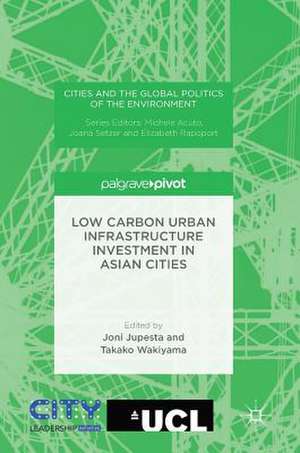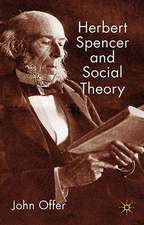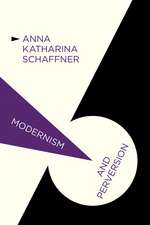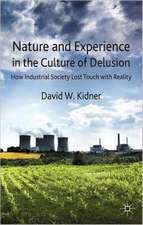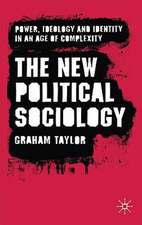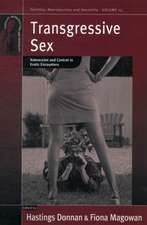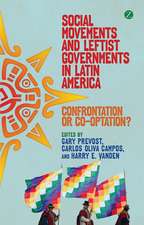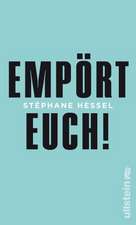Low Carbon Urban Infrastructure Investment in Asian Cities: Cities and the Global Politics of the Environment
Editat de Joni Jupesta, Takako Wakiyamaen Limba Engleză Hardback – 15 iun 2016
Several Asian cities have already invested in initiatives to build and promote Green Cities. Owing to the limited capacity of local governments, the funding of urban infrastructure has become a critical issue. Against this background, this book explores a new funding mechanism which demands the engagement of many stakeholders, including public-private partnerships.
This book offers guidance on how cities in selected countries can play a key role in the green growth agenda, by stimulating growth through smart investment in urban infrastructure such as through building a physical infrastructure, offering financial and tax incentives, and heightening society’s awareness of a sustainable lifestyle.
| Toate formatele și edițiile | Preț | Express |
|---|---|---|
| Paperback (1) | 378.12 lei 6-8 săpt. | |
| Palgrave Macmillan UK – 31 mai 2018 | 378.12 lei 6-8 săpt. | |
| Hardback (1) | 385.84 lei 6-8 săpt. | |
| Palgrave Macmillan UK – 15 iun 2016 | 385.84 lei 6-8 săpt. |
Preț: 385.84 lei
Nou
Puncte Express: 579
Preț estimativ în valută:
73.83€ • 76.93$ • 61.13£
73.83€ • 76.93$ • 61.13£
Carte tipărită la comandă
Livrare economică 03-17 aprilie
Preluare comenzi: 021 569.72.76
Specificații
ISBN-13: 9781137596758
ISBN-10: 1137596759
Pagini: 124
Ilustrații: XIV, 129 p. 27 illus. in color.
Dimensiuni: 148 x 210 x 14 mm
Greutate: 0.36 kg
Ediția:1st ed. 2016
Editura: Palgrave Macmillan UK
Colecția Palgrave Macmillan
Seria Cities and the Global Politics of the Environment
Locul publicării:London, United Kingdom
ISBN-10: 1137596759
Pagini: 124
Ilustrații: XIV, 129 p. 27 illus. in color.
Dimensiuni: 148 x 210 x 14 mm
Greutate: 0.36 kg
Ediția:1st ed. 2016
Editura: Palgrave Macmillan UK
Colecția Palgrave Macmillan
Seria Cities and the Global Politics of the Environment
Locul publicării:London, United Kingdom
Cuprins
- Chapter 1: Introduction.- Chapter 2: Risk Analysis for Low Carbon City Development in Yokohama.- Chapter 3: Analysis on the Economic Policies to Promote the Development of Green Buildings in China.- Chapter 4: Low Carbon City Scenario for DKI Jakarta Towards 2030.- Chapter 5: Assessment of the impacts of low carbon investment on renewable energy for development of low carbon future in Yokohama city.- Chapter 6: Smart cities in Japan and its application in developing countries.- Chapter 7: Conclusion.
Notă biografică
Joni Jupesta is a Visiting Research Fellow at United Nations University. Previously, he held a two-year post as an Environment Advisor at Sinar Mas Agribusiness in Indonesia (2013-2015). Prior to that, he was a Japan Society for the Promotion of Science-UNU Postdoctoral Fellow (2011-2013) and UNU-IAS Postdoctoral Fellow (2010-2011) at the United Nations University (UNU) in Tokyo, Japan. An Indonesian citizen, in 2010 he obtained his Ph.D. in Management Science and Technology from Tohoku University, Japan. He contributed two policy briefs to Rio+20: Green economy and Institutional Framework towards Sustainable Development in Indonesia context. Further, he has received several awards for his research work in innovation for sustainability, including but not limited to: the Green Talent Award in 2012 from the German Federal Ministry of Education and Research (BMBF), and the Mitra Award in 2013 from the Asia Pacific Network for Global Change Research (APN), and the BIARI Seed Grant Award 2014 from Brown University, USA.
Takako Wakiyama is Researcher of Climate and Energy Area and Green Economy Area at the Institute for Global Environmental Strategies (IGES). Her research focuses on climate and energy policies and economics at national and city level. She has conducted policy impact analysis, scenario analysis and simulation analysis to estimate economic and environment risks and benefits of energy efficiency and renewable energy.
Textul de pe ultima copertă
Several Asian cities have already invested in initiatives to build and promote Green Cities. Owing to the limited capacity of local governments, the funding of urban infrastructure has become a critical issue. Against this background, this book explores a new funding mechanism which demands the engagement of many stakeholders, including public-private partnerships.
This book offers guidance on how cities in selected countries can play a key role in the green growth agenda, by stimulating growth through smart investment in urban infrastructure such as through building a physical infrastructure, offering financial and tax incentives, and heightening society’s awareness of a sustainable lifestyle.
Joni Jupesta is a Visiting Research Fellow at United Nations University. Previously, he held a two-year post as an Environment Advisor at Sinar Mas Agribusiness in Indonesia (2013-2015). Prior to that, he was a Japan Society for the Promotion ofScience-UNU Postdoctoral Fellow (2011-2013) and UNU-IAS Postdoctoral Fellow (2010-2011) at the United Nations University (UNU) in Tokyo, Japan. An Indonesian citizen, in 2010 he obtained his Ph.D. in Management Science and Technology from Tohoku University, Japan. He contributed two policy briefs to Rio+20: Green economy and Institutional Framework towards Sustainable Development in Indonesia context. Further, he has received several awards for his research work in innovation for sustainability, including but not limited to: the Green Talent Award in 2012 from the German Federal Ministry of Education and Research (BMBF), and the Mitra Award in 2013 from the Asia Pacific Network for Global Change Research (APN), and the BIARI Seed Grant Award 2014 from Brown University, USA.
Takako Wakiyama is Researcher of Climate and Energy Area and Green Economy Area at the Institute for Global Environmental Strategies (IGES). Her research focuses on climate and energy policies and economics at national and city level. She has conducted policy impact analysis, scenario analysis and simulation analysis to estimate economic and environment risks and benefits of energy efficiency and renewable energy.
